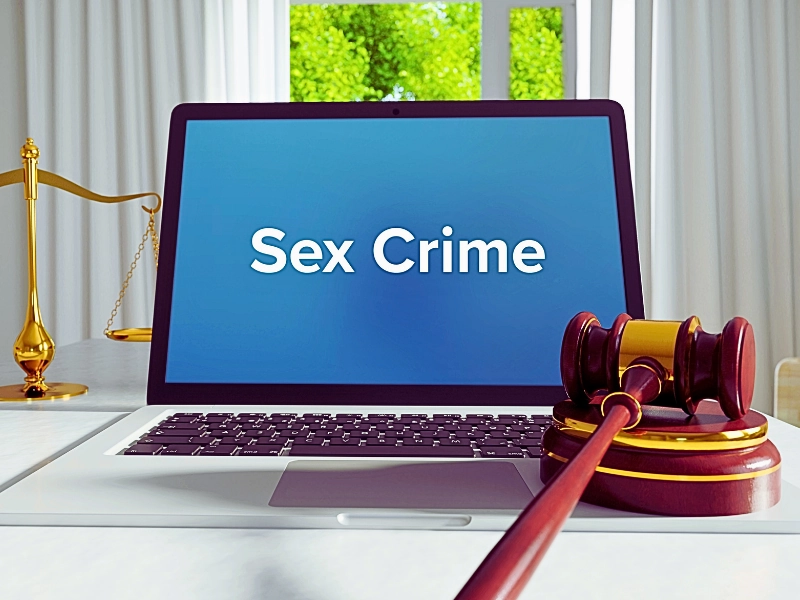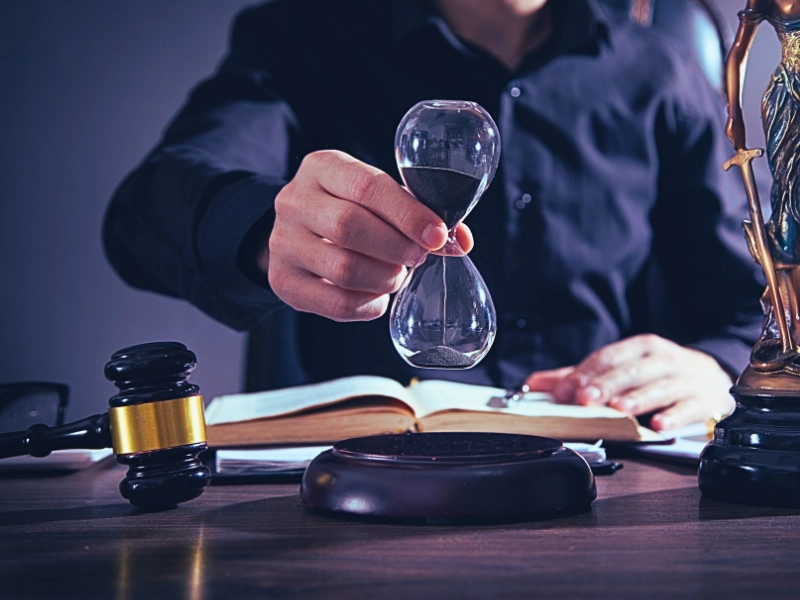Synthetic drugs referred to as “bath salts” have recently come under fire as a detriment to human health, and the White House Drug Czar Gil Kerlikowske provided a warning against using them on Tuesday. Though plans to make the drug illegal were not announced, Senator Charles Schumer has created a bill that would put the drugs on the federal list of controlled substances and turn them into a drug crime.
Bath salts are synthetic stimulants that mimic the effects of ecstasy, LSD and cocaine. The drugs come in powdered form and are sold under the brand names of “Purple Wave” or Ivory Wave.” The drugs are known to cause increased blood pressure, increased heart rate, chest pains, paranoia, delusions and hallucinations. So far this year the number of calls that have been placed with the American Association of Poison Control Centers has already exceeded the number of calls received in all of 2010.
The drugs are made out of synthetic stimulants including mephedrone, MDPV or 3, 4-methylenedioxypyrovalerone. According to the Drug Enforcement Administration bath salts can be bought almost anywhere including gas stations, convenience stores, truck stops and pawn shops. Bath salts have not been approved for consumption by the Food and Drug Administration and the drugs have been banned by other countries already.
Some states are considering a ban against the drugs and so are cities and counties in the United States. A spokesperson for the Drug Enforcement Administration said that users of the drug are “playing Russian roulette” and that the public should generally stay away from the substance.
Source: The Associated Press, “Drug czar warns against taking ‘bath salts’ drugs,” 2/1/11






